
141. MBA: Mortgage Applications Decreased Over a Two-Week Period
Bill McBride discusses a significant decrease in mortgage applications over two weeks, highlighting trends in refinancing and purchase activity based on MBA data.
your daily dose of economic commentary

Bill McBride discusses a significant decrease in mortgage applications over two weeks, highlighting trends in refinancing and purchase activity based on MBA data.

Camila Domonoske discusses the current low crude prices and the cautious approach of companies towards Venezuela's abundant heavy oil reserves.

A promised golden phone from Trump's family business remains unreleased amid a surge of new technology at CES in Las Vegas.

The post discusses Trump's announcement of acquiring Venezuelan oil to benefit both the U.S. and Venezuela, emphasizing the market price for the transaction.

The post highlights various stories illustrating economic principles, including price discrimination and the impact of political decisions on economic advice.

Light vehicle sales rose to 16.0 million SAAR in December, reflecting a monthly increase but a year-over-year decline, influenced by consumer behavior and market conditions.

An argument that distinguishes between accounting profit and economic profit, illustrating their implications through a real-life example of resource allocation decisions.

An argument that economists struggle with predictions, yet there remains interest in their forecasts for the economy in the coming years.
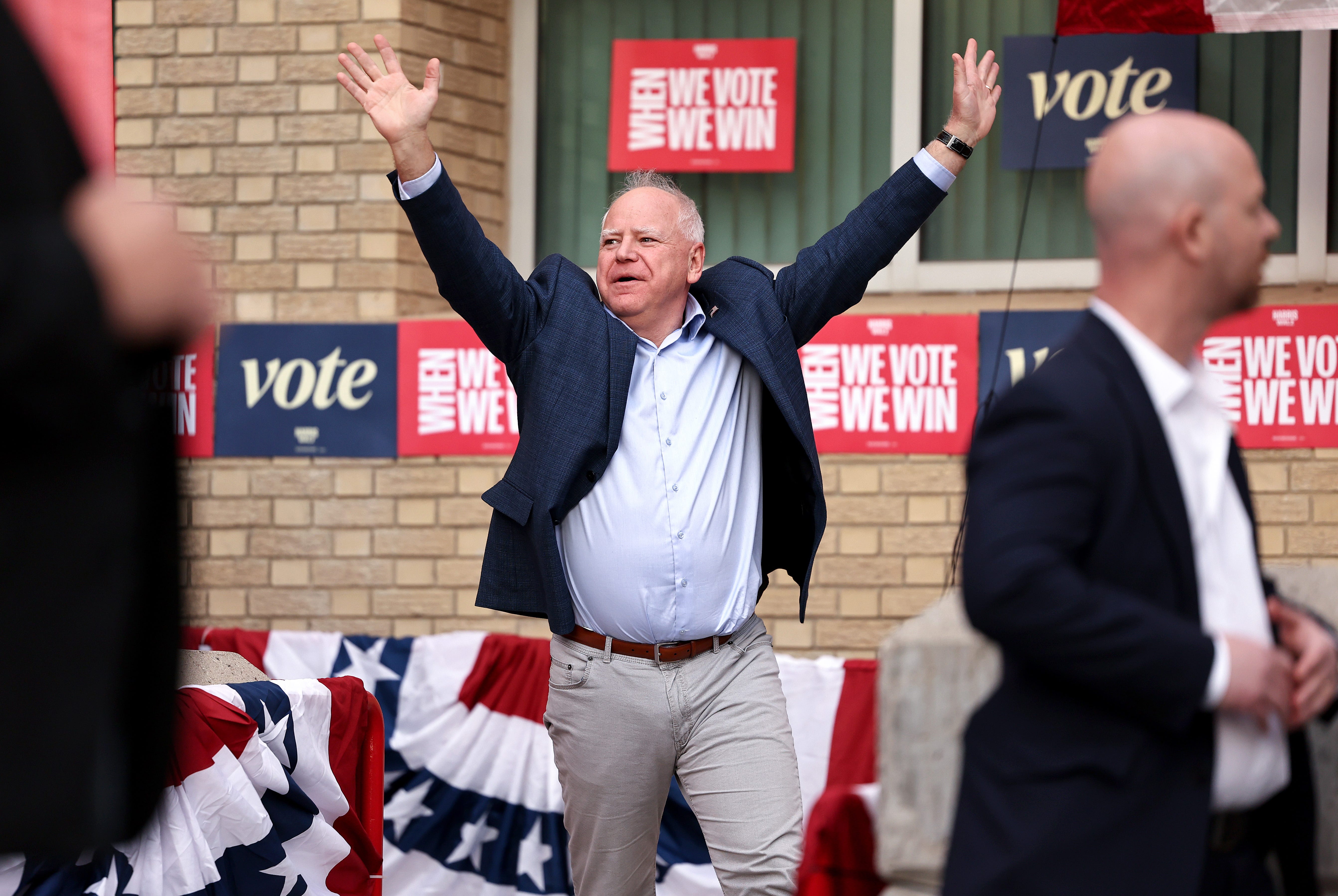
Nate Silver discusses Tim Walz's political situation and the implications of foreign policy, particularly regarding Venezuela, on domestic politics and voter attitudes.
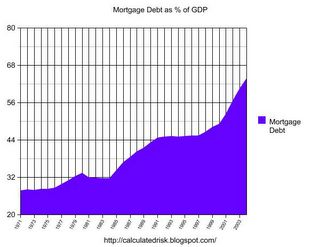
Bill McBride discusses the increase in mortgage debt as a percent of GDP and its implications for the economy, emphasizing the risk of a recession.

The post discusses increased entry fees for international visitors to U.S. national parks, explaining the economic concept of price discrimination based on visitors' willingness to pay.
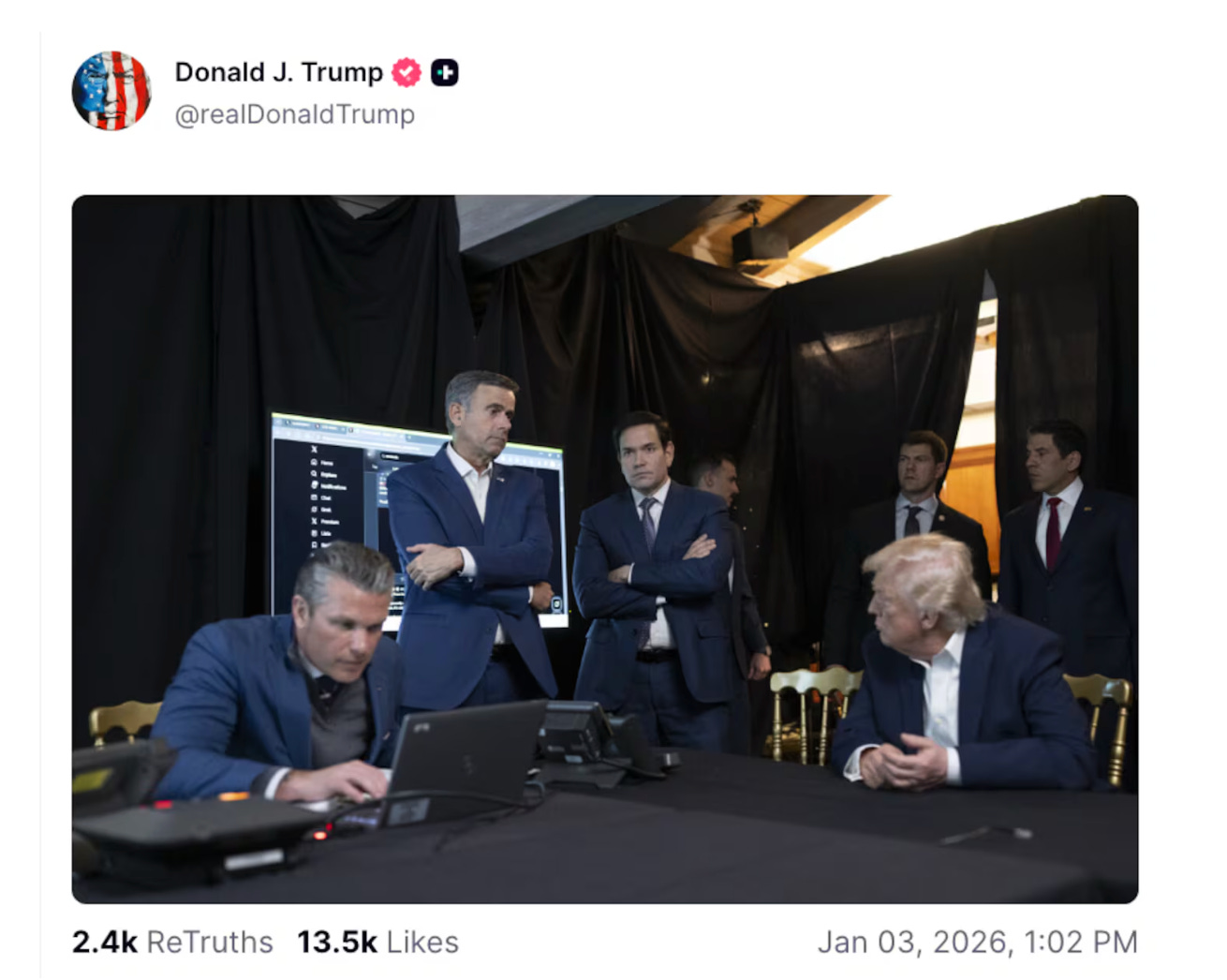
Paul Krugman discusses Trump's misguided approach to Venezuela, comparing it to past U.S. interventions and highlighting the delusions driving his foreign policy decisions.
An argument that explores the application of efficiency and rentability analysis to a model involving multiple agricultural commodities and their production processes.

The post discusses a 2.2% week-over-week decline in active single-family housing inventory, highlighting seasonal trends and comparisons to previous years.

Scott Horsley discusses the introduction of redesigned coins to commemorate the nation's 250th birthday, highlighting their significance and features.
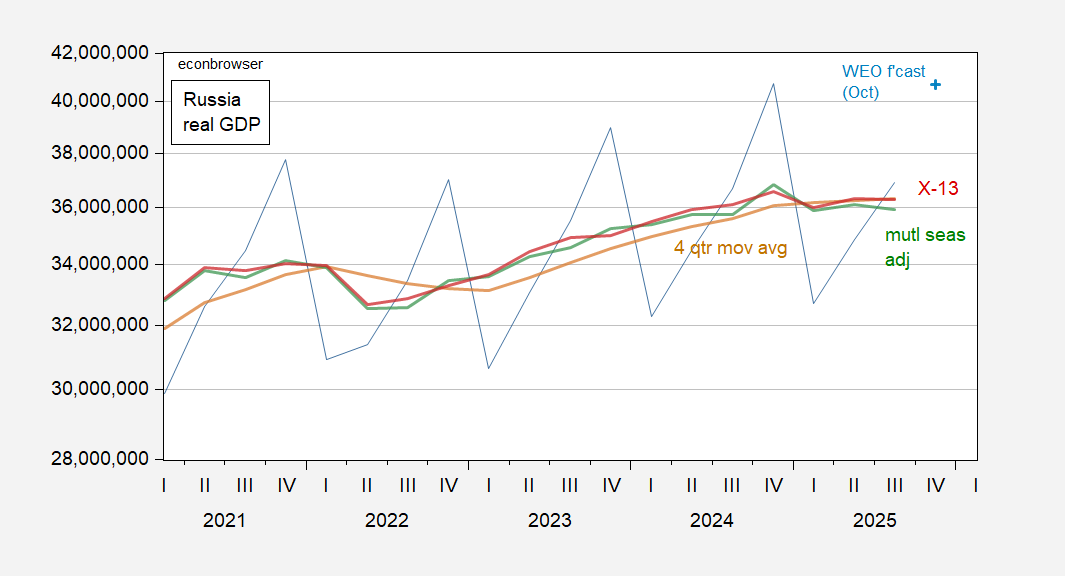
An argument that Russian GDP statistics may be overstated, with implications for the economy's ability to sustain military efforts amid declining oil revenues.
The discussion evaluates U.S. interventions in Latin America, focusing on leader removals and their utilitarian outcomes, contrasting successes and failures across various historical cases.
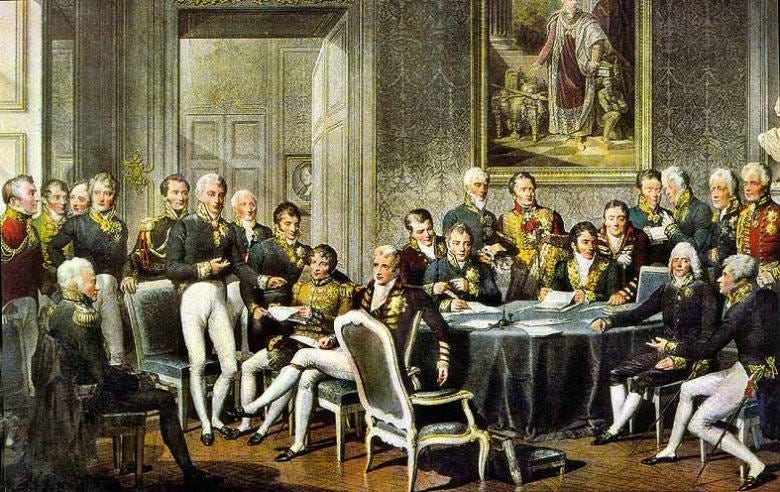
The author reflects on the evolution of liberalism, its historical challenges, and the progress made in welfare and social policies in America since the 1980s.
An argument that stories should focus on universal human experiences rather than mere demographic representation to foster deeper connections and understanding.
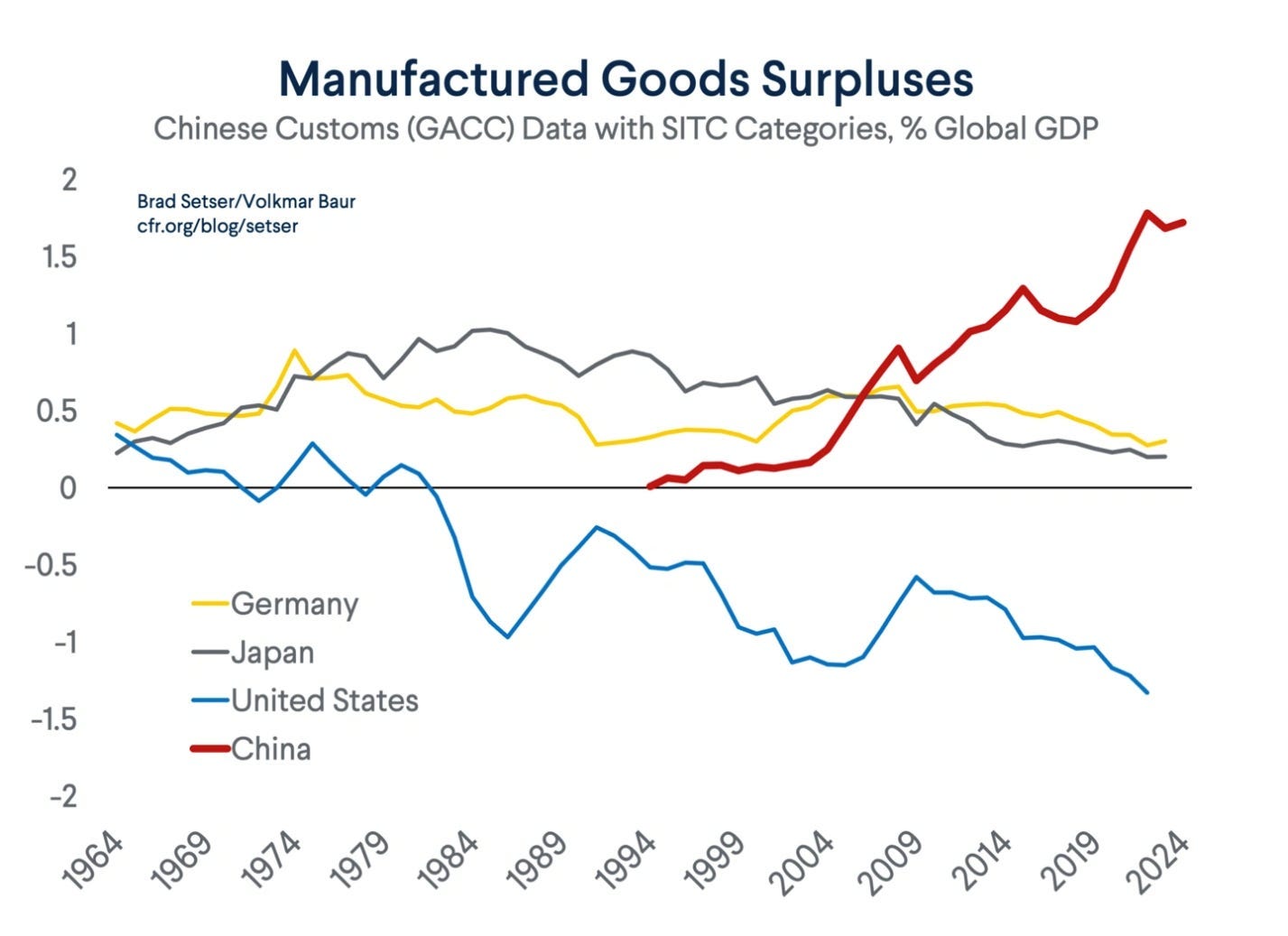
An argument that China's unprecedented trade surplus stems from unsustainable economic strategies, affecting global demand and posing risks to both its economy and others.